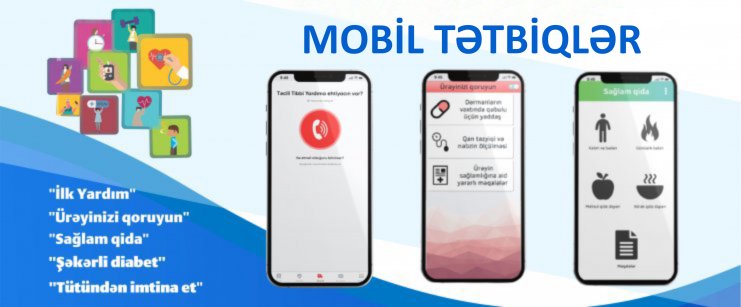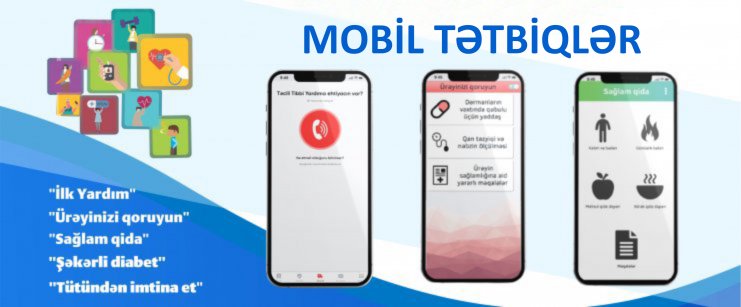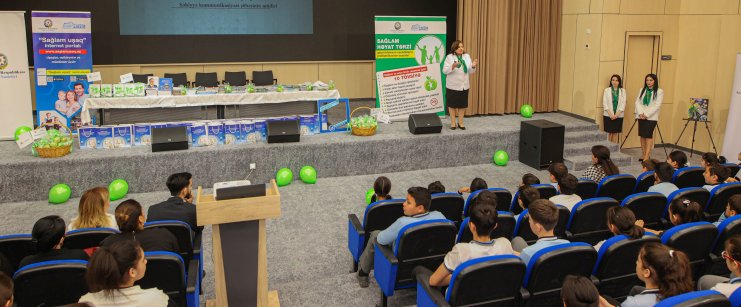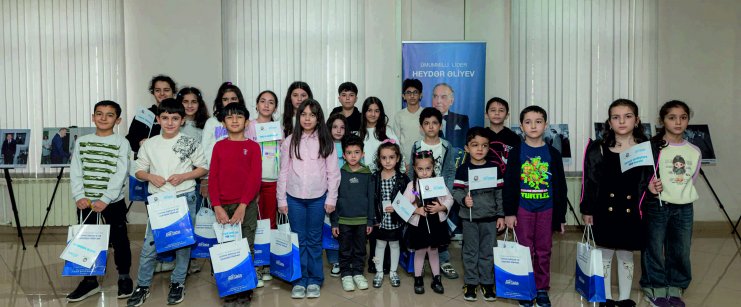The Integrated Management of Childhood Illness (IMCI) strategy is an initiative launched by WHO and UNICEF in 1995 to reduce morbidity, disability and mortality among children under 5 years of age and improve their physical and mental development. IMCI is a broad strategy consisting of intervention programs that are implemented in health facilities and communities.
Respiratory infections, diarrhea, inadequate nutrition, measles and malaria have been found to be the leading causes of child death in many developing countries. Although there are programs for each of these diseases separately, the treatment of children exposed to several diseases at the same time requires a special approach. That is why WHO and UNICEF have developed an "Integrated Management of Childhood Illness" strategy based on an integral method. This strategy is currently being applied in more than 75 countries.
The strategy consists of 3 components.
1. Increasing the knowledge and skills of medical workers. It mainly refers to the clinical and communication skills of health professionals, provides for strengthening pre- and post-graduate education.
2. Improvement of the healthcare system for the implementation of the IMCI. Implementation of the IMCI mainly involves measures in the areas of policy, planning, management, financing, as well as the distribution of responsibilities, human resources, the availability and provision of medicines in health facilities, health monitoring and information system, evaluation and research.
3. Improving the childcare experience in relation to the health and development of children in families and communities. WHO and the United Nations Children's Fund consider it important to implement the 12 basic rules in families and communities for the health and development of children. These rules include: breastfeeding only, immunization, complementary foods, micronutrients, hygiene, malaria control, psychosocial development, home care, home infection management, treatment-related searches, following advice, antenatal care. The purpose of the third component: to establish, strengthen and support the necessary experience of resilience, growth and development of children in the family and community.
To achieve a reduction in morbidity and mortality among children, it is not enough just to provide appropriate medical care from a well-trained health worker. Because families have the primary responsibility for caring for children, success requires collaboration between health professionals and families with community support. Health professionals must work with families and communities to ensure that families can provide appropriate care for their children at home to ensure their healthy growth and development. When children become ill and need additional medical services, families should be able to find and ensure that appropriate care and recommended treatment are provided.
Despite the recent decline in infant and child deaths, there is a need to improve measures in Azerbaijan to achieve the Millennium Goals, and therefore reducing morbidity and mortality among children, improving children's health has become a priority for the state. The first period of the Integrated Management of Childhood Illness program was implemented in the southern regions of Azerbaijan in 2002-2004.
Based on the Ministry of Health Decree No. 63-S dated 02.05.2008, the composition of the working group was approved to develop a national strategy for the widespread use of " Integrated Management of Childhood Illnesses", the development of the strategy was entrusted to the Public Health and Reform Center.
A national strategy for the wide application of "Cooperative Management of Childhood Illness", developed by the working group, is envisaged for 2009-2015. The strategy discloses the current state of morbidity and mortality among children under 5 years of age, the main components of the IMCI, the main goals of its wide application in the country, as well as the tasks and activities for its implementation. The strategy, in addition to the strategic plan for 2009-2015 for the wide application of the IMCI, includes an action plan and a calendar plan for 2009-2011, as well as the required budget associated with the implementation of the plan.
PROJECT COORDINATOR:
CONTACTS:









